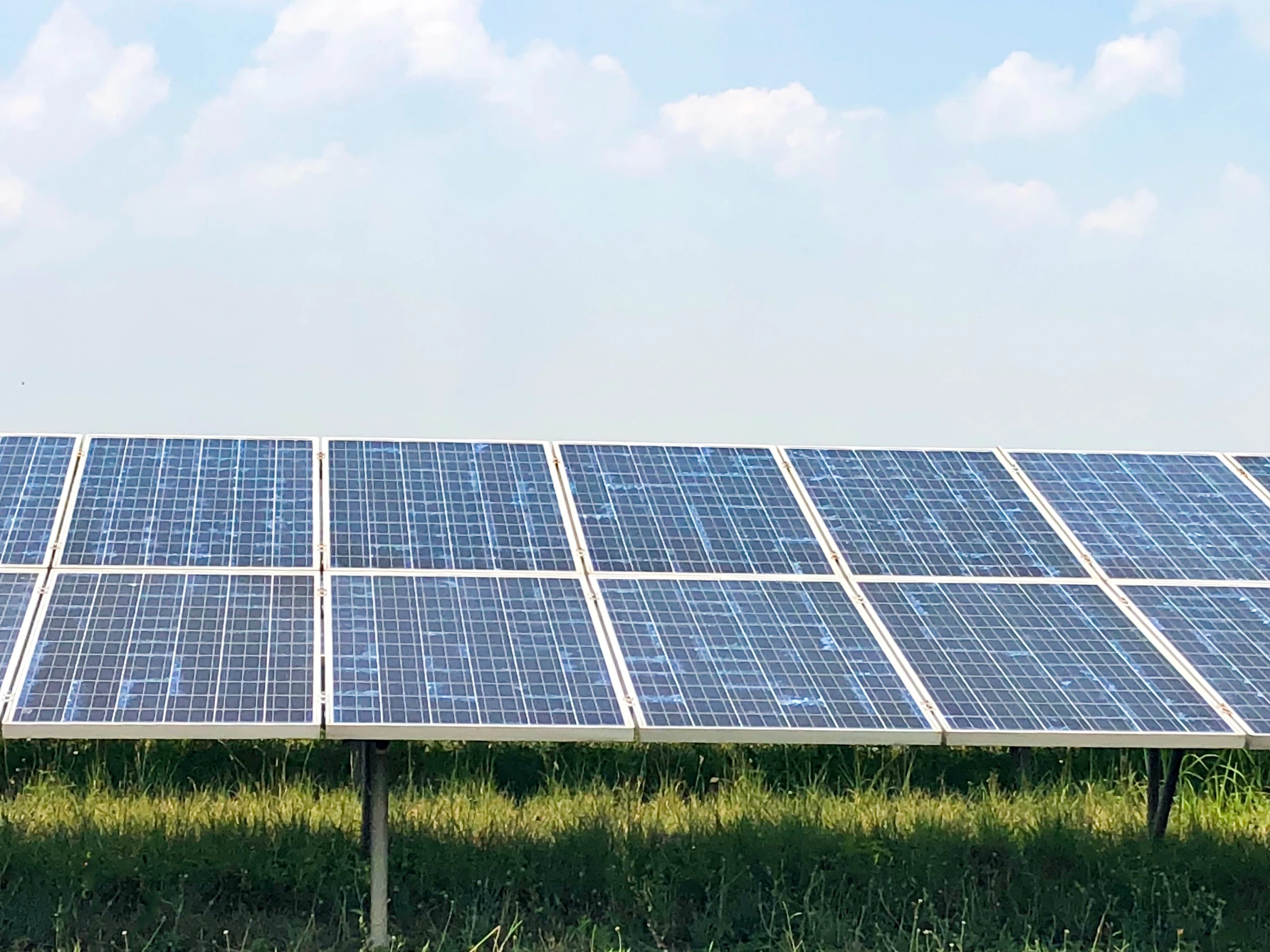
It is painfully apparent that to keep climate change in check, preserve biodiversity, and establish food and energy security for our planet’s population, transformation is needed across all sectors of our economies. To make the shift, businesses will need to act innovatively – and pave the way for others to follow suit.
Therein, however, lies a systemic problem. In start-up circles and at business schools around the world, aspiring entrepreneurs, future managers and consultants are told that they “need a competitive advantage, and they’re not going to get enough customers or turn into a profitable business unless they protect their unique selling proposition,” said Elisabeth Eppinger, a professor at the University of Applied Sciences for Technology and Economics Berlin (HTW Berlin) “and that’s usually their products or services, or their technology.” While the opportunity to gain intellectual property (IP) rights for innovations provides economic stimulus for inventors, the researchers found that there is also an untapped potential to use it to increase the diffusion of sustainable innovations. As technology and knowledge transfer is not part of daily business activities, IP may even obstruct the potential to make an impact on sustainability at scale.
From 2019 to 2022, Eppinger led an international research project with a team of researchers from HTW Berlin, the Indian Institute of Science, Freie University Berlin, University of Cambridge and University of Lund that sought to understand and begin to address this challenge, using an interdisciplinary approach that took into account scientific, economic, social, cultural, and political factors. The project – which was funded by the Belmont Forum, NORFACE network, and International Science Council Transformation to Sustainability (T2S) programme – was called IPACST: The Role of Intellectual Property to Accelerate Sustainability Transitions. It explored IP models and considered how these might be developed and adapted to help knowledge sharing to flourish and technology transfer to accelerate: thus enabling collaborative learning and sustainable innovations.
“This is one of the largest research projects that bring together the fields of intellectual property and sustainability, which are often in silos,” said Pratheeba Vimalnath, a research associate at the University of Cambridge and a co-researcher on the project. “I think bridging these two communities and making cross-learning happen was one of the main achievements of the project.”
The researchers conducted in-depth case studies with 28 companies that had a clear sustainability focus, and tracked the evolution of their IP strategies and business models over time and under a range of internal and external pressures, using a visual mapping methodology. What they found confirmed their expectations. “The majority of sustainability businesses, although they provide environmentally-friendly or social sustainable products and technology, just do business as usual [in this respect],” said Eppinger, “meaning that even when there is a willingness to share knowledge and technologies to increase the impact of their sustainable solutions, there are no resources provided to pursue this actively.”
Three of the businesses – which were founded with a mission and mindset of transforming their sectors (in chemical and consumer electronics manufacturing, respectively) – bucked the trend. “They did not see [other business in the sector] as competitors, but rather as stakeholders to join forces with to jointly transform the industry,” said Eppinger. “However, there are very few examples like this, and you really have to search hard for them.”

Photo: FoToArtist_1
Even within those examples, only one of the businesses actively put a lot of resources into sharing their knowledge and their technology: the other two did it on a much smaller scale, said Eppinger. “They said ‘if we’re asked, we are happy to share, but we don’t have the time and the resources to share more.” And that’s what it basically comes down to, why we don’t see this more in other businesses… There is no immediate financial return for it; there is not a real market for technology transfer, because you can’t ask for the price to pay the hours and human resources that you put into that.”
To encourage more businesses to move in the direction of more active IP sharing, the team developed a framework demonstrating how IP models can play a role in facilitating sustainability in several highly-polluting sectors. They have also produced action-oriented toolkits, and a teaching kit, for the business and teaching communities. The teaching kit includes case studies of companies that have successfully used IP for sustainability impact.
The research process was transformative in itself. “Some of the companies gave feedback that engaging in the visual mapping exercise helped them to rethink and revisit their strategies over time,” said Vimalnath. “It also gave them insights about how they should look at their IP assets from a sustainability point of view. In fact, one of the companies we worked with said that after the process was complete, they realized that they had thought they were quite open, but actually in practice, they were not as open as they wanted to be. So, at the end of the project, they started thinking about ways to make the technology open, and started some initiatives to do so.”
Like many researchers during this particular time period, the IPACST team grappled with unexpected challenges thrown up by the COVID-19 pandemic. “The biggest challenge was to get hold of the companies during the difficult times,” said Vimalnath – “and get them to talk about intellectual property, which is always a very sensitive issue.”
It was also challenging to address silo-ed thinking within the businesses themselves, she said. “Companies – especially large ones – have different departments for IP, business models, and sustainability impact, and they don’t talk to each other as much as we thought. So, one of the challenges was to link all these three together to be able to do the interviews with them. Despite the challenges, these cross-functional interviews were highly rewarding in the end, as they served to build consensus across their strategies for sustainable development.”
Vimalnath also noted that it is not a simple case of ‘the more openness the better’: “there are a lot of discussions about free access, but what we found is that it’s really important to understand what level of openness is needed in a given context,” she said. “And that is really important to explore further: I think a lot more research has to be done on what level of IP sharing, and to whom to share in what setting, to actually bring out the most value in using IP for sustainability. The IP model typology and the framework developed by the IPACST team offer a good basis for further research.”
Beyond IPACST, the team members remain active in building the community of IP and sustainability researchers. Recently, the Cambridge team involved in the project organized a major international conference on the theme of ‘Opening IP for a better world?’. They have also obtained funding to pilot-test a course on IP, innovation, and sustainability, and are now drafting several new project proposals drawing on IPACST’s learnings. Over the coming months, they also intend to write a policy brief to explain how funding agencies and policymakers can “incentivize the use of IP in ways that don’t compromise the economic benefit the company gets, but also facilitate and encourage the IP sharing process for environmental and social benefits,” said Vimalnath.